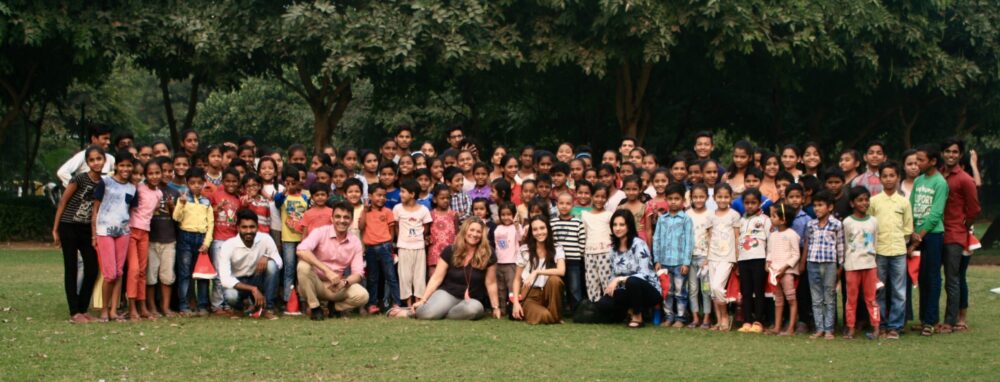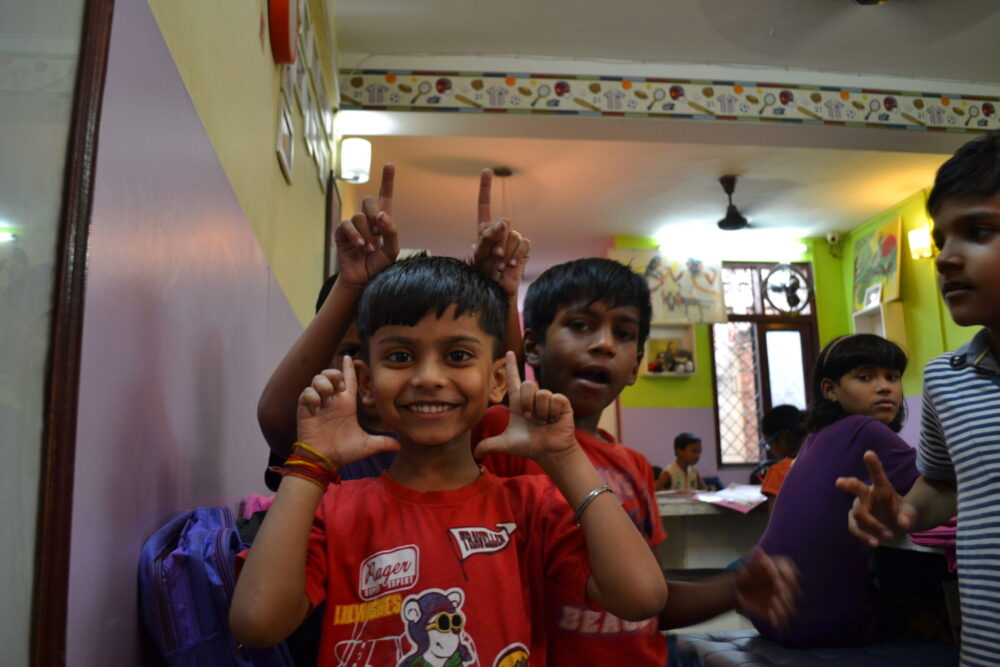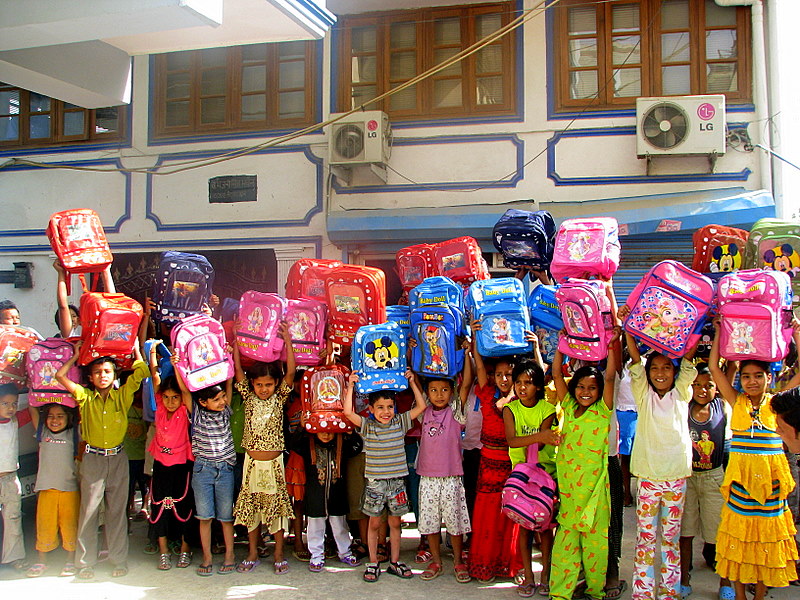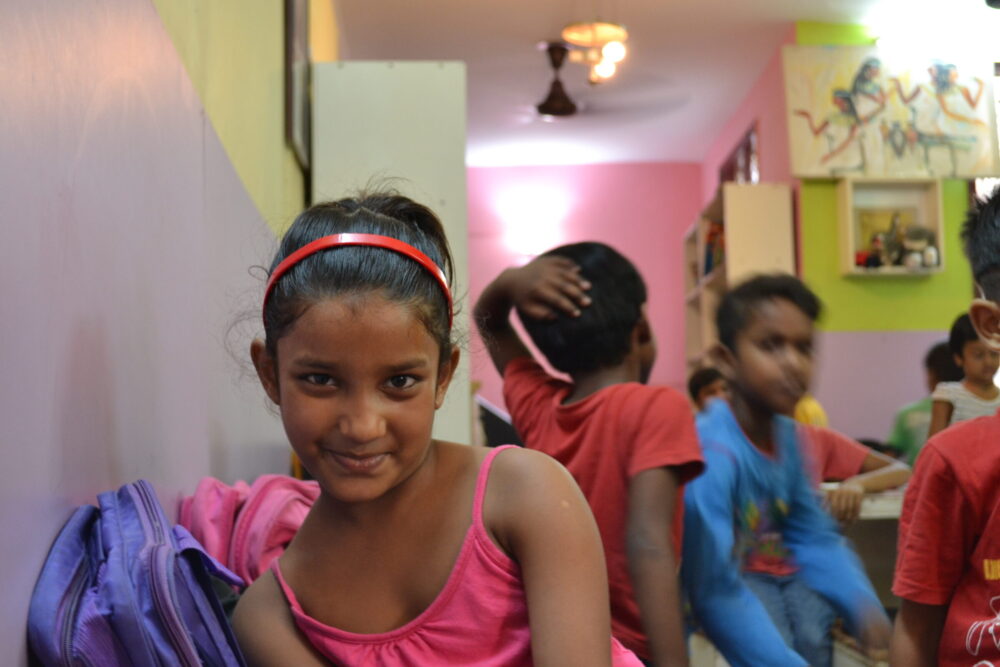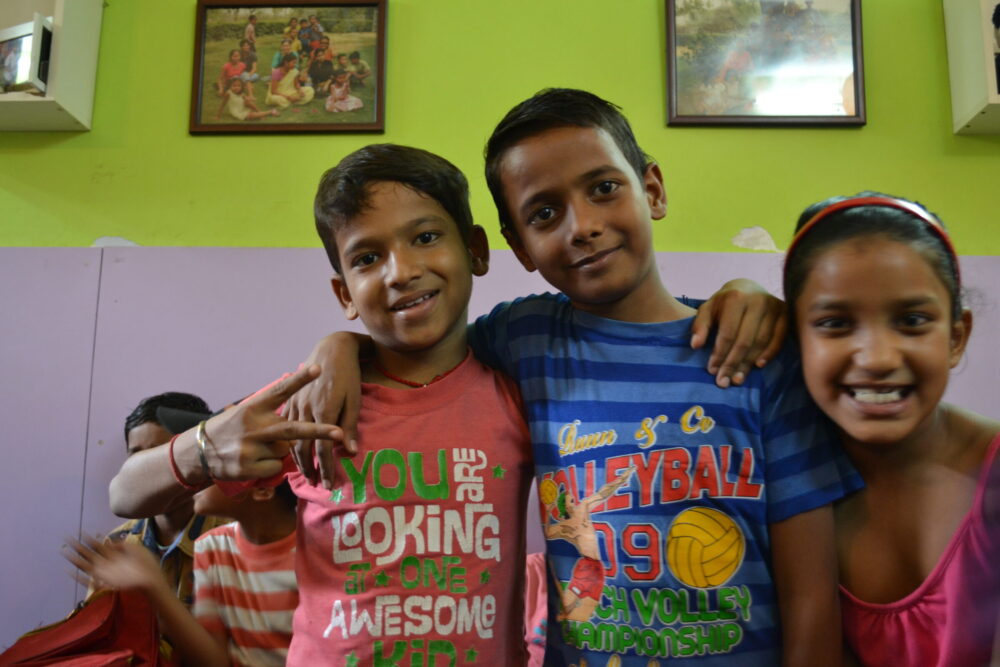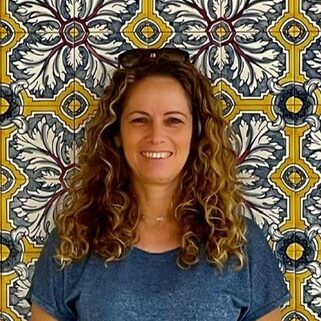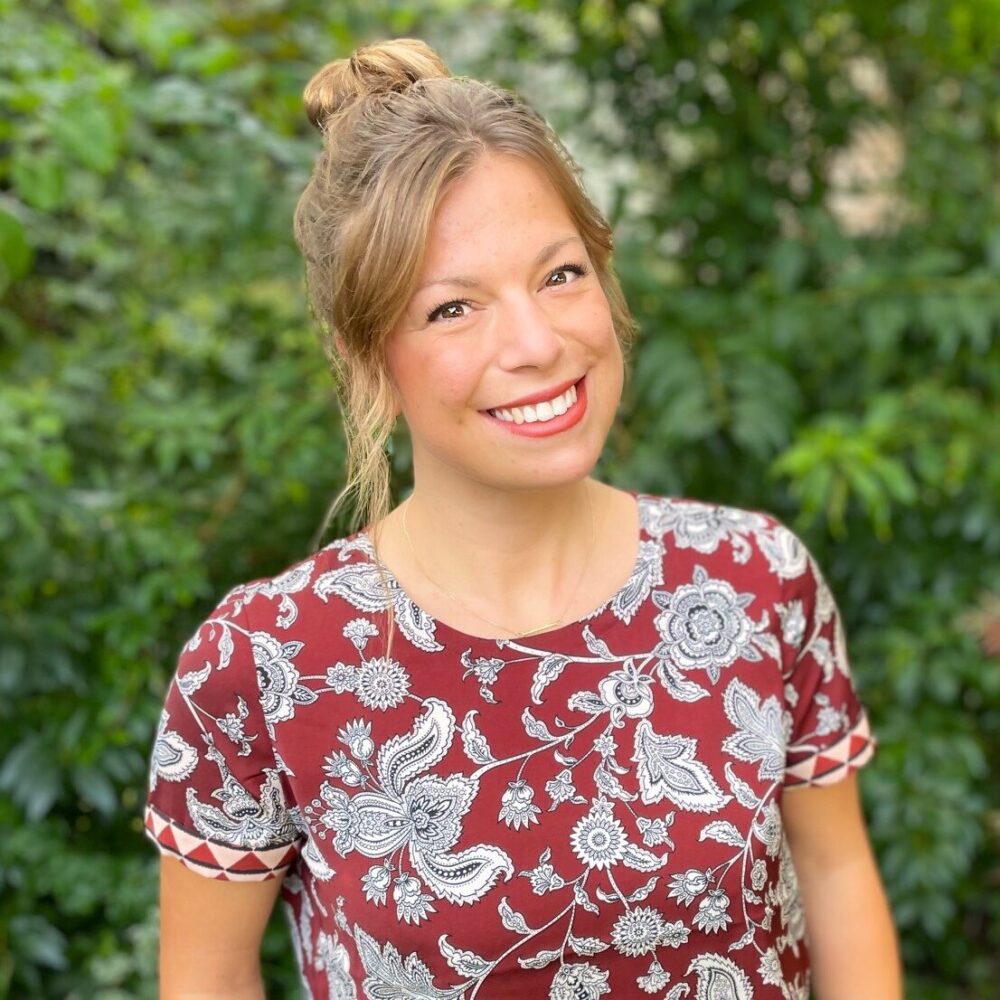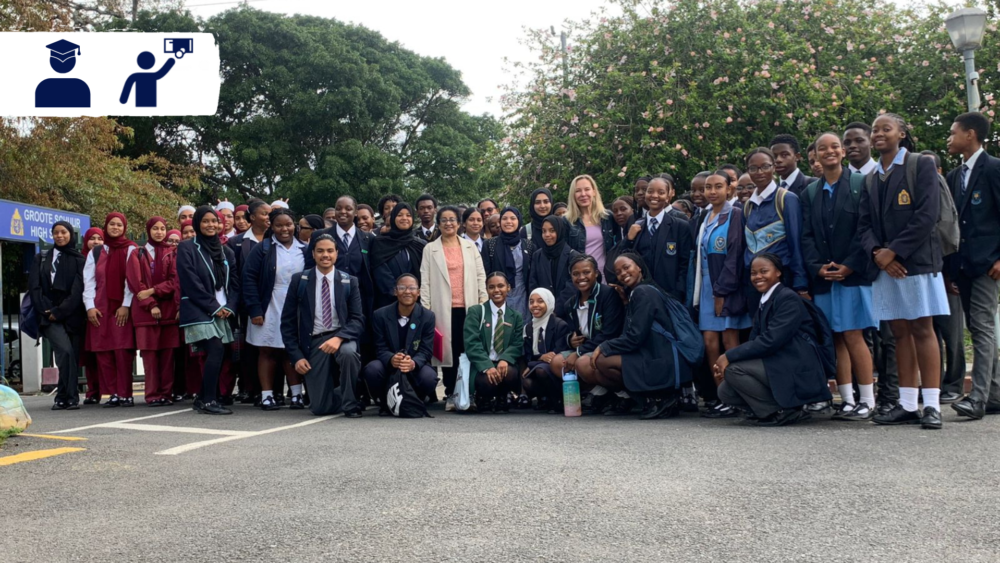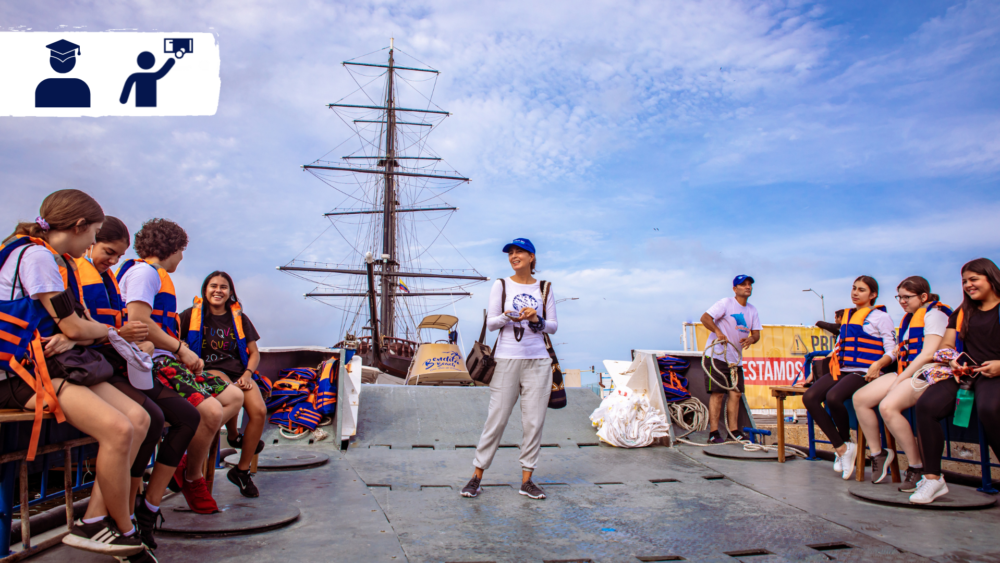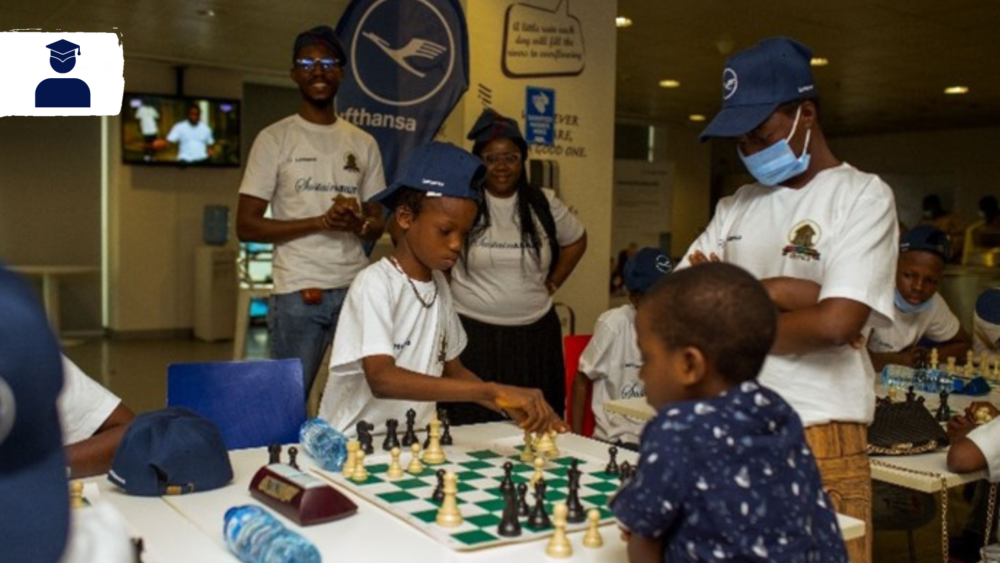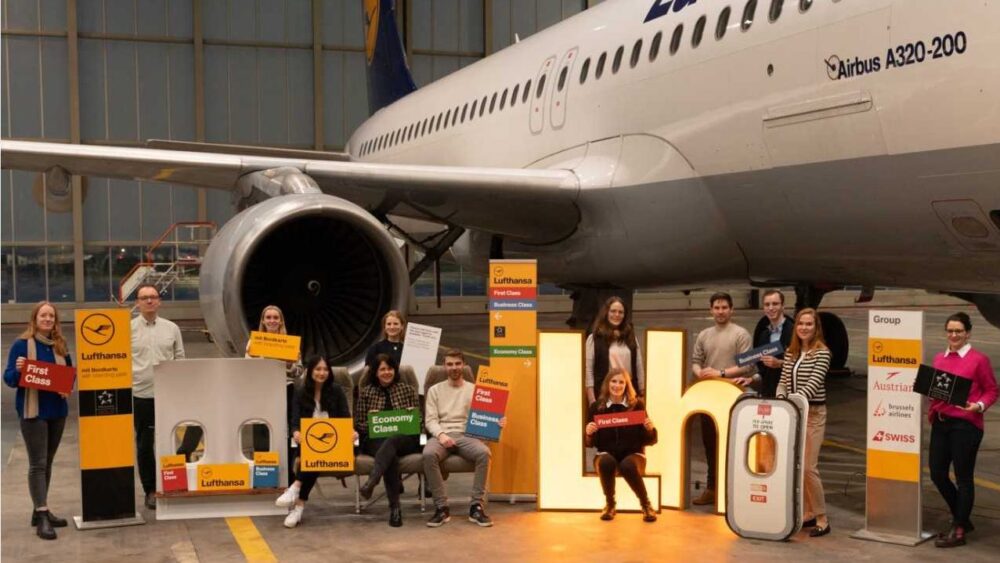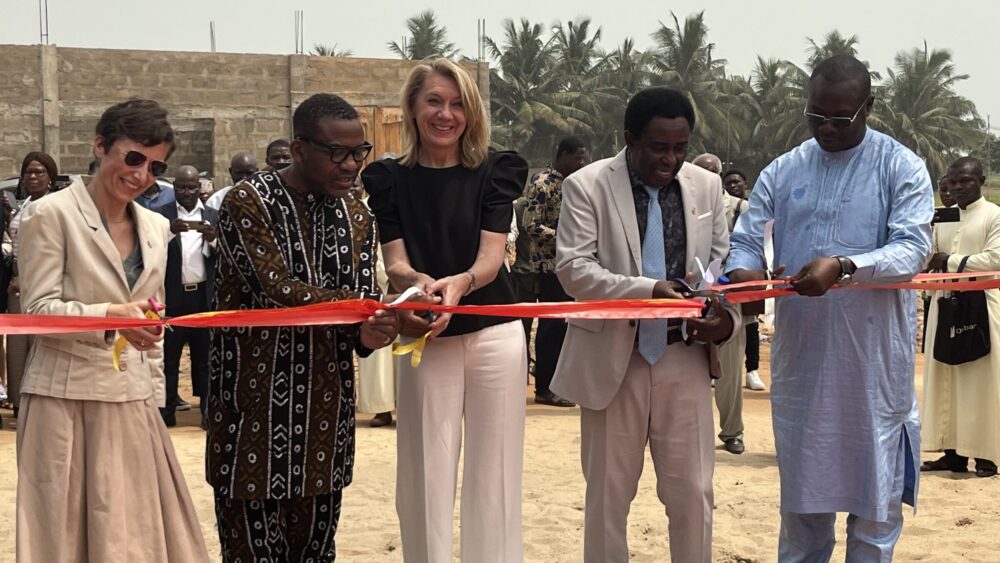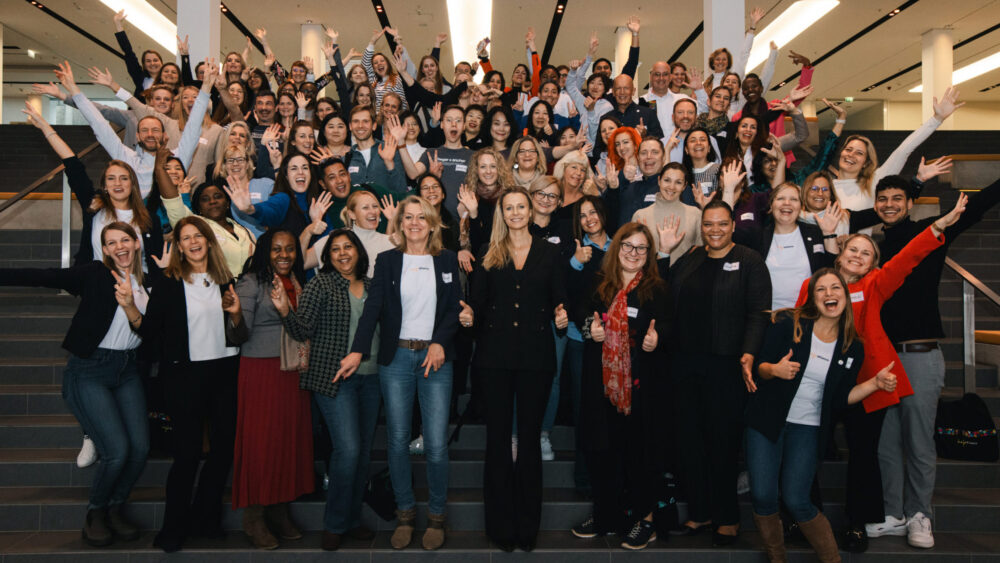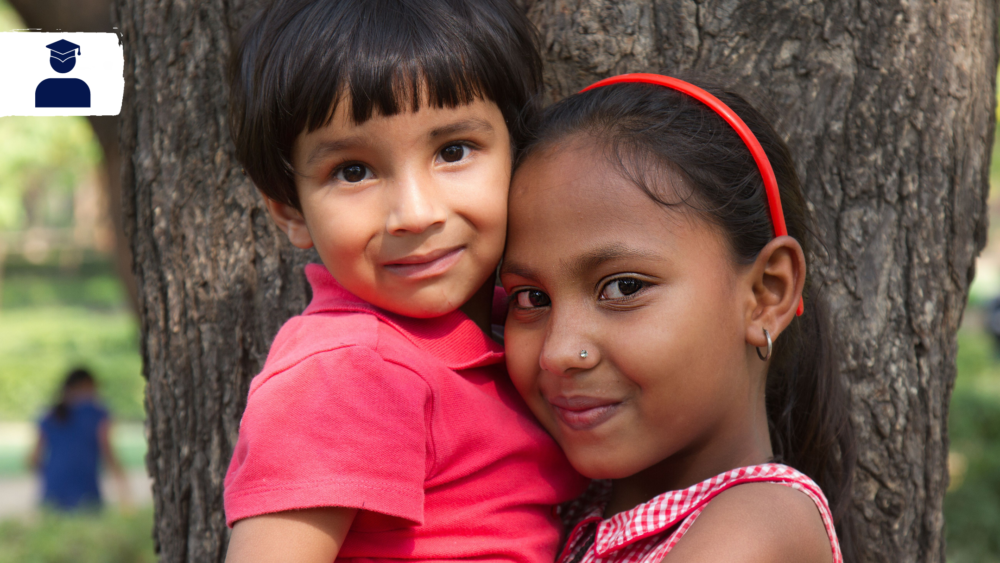
Sunshine Project, New Delhi
The Sunshine project enables children to attend school and supports them until they enter working life.
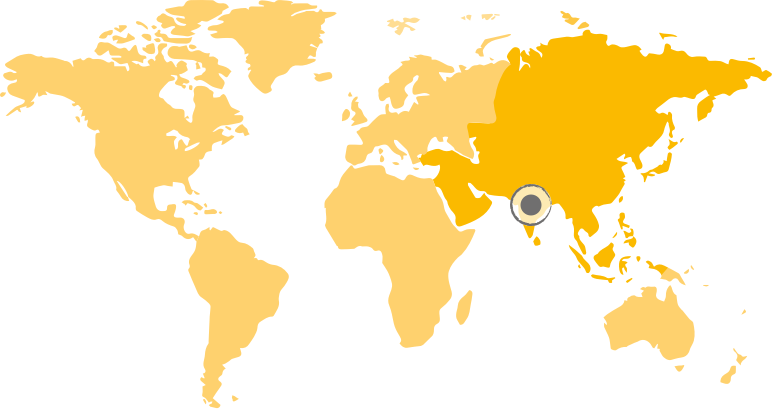
Project Background
Although India is undisputedly one of the economic boomers of recent years, it remains marked by widespread poverty and about a quarter of the Indian population lives below the international poverty line. This inequality is particularly evident in the capital, New Delhi, where there is only a thin line between extreme wealth and bitter poverty. More than 25% of India’s total population lives in a metropolis, most of them illiterate people who have left their home villages in the countryside to build a better life in the cities with their families. Half of them live in slums in the cities; in New Delhi alone, there are over 700 of these poor districts. Nobody knows exactly how many people live in each slum. They live in tiny huts close together, there is no running water, no toilet, garbage, dust and dirt everywhere. Women and children are the ones who suffer most from poverty. Despite equality before the law, girls and women are considered inferior in large parts of society. They are often married early and oppressed. The children who grow up in these catastrophic conditions and spend most of their time on the streets have unequal opportunities for education, let alone a school-leaving certificate. Since these children usually do not have a recognized residential address, they are often unable to attend a public school.
Target Group
Many of the children in the Saidulajab slum in New Delhi are left on their own from the very beginning, because their parents work as day labourers. The children receive little attention and in order to support their families financially, they mostly have to work as garbage collectors, shoeshiners or beggars instead of attending school. They suffer from malnutrition and diseases like cholera, typhoid and dysentery. Often the children also become victims of violence, exploitation or abuse. They are deprived of a normal childhood. Around a quarter of children in India have no access to education, with the number of children excluded from school being significantly higher for girls than for boys. Without education and thus the chance of a livelihood-securing job, however, they can never escape a life without dignity in poverty.
Project Goals
It all began with a street child whom the tailor Kuku wanted to help. One thing led to another and for more than 10 years now, Kuku and his wife have been caring for 267 children and young adults aged between 6 and 22 who live in the slum Saidulajab in New Delhi. The aim of the project is to give these and other needy children a dignified and happy childhood and to give them a real chance to escape the cycle of poverty through education.
Through the project, the children are enrolled in school and provided with everything they need – be it clothing, school materials or tutoring. During the week, the children can come to the project before and after school and receive food and medical care in addition to assistance with learning. . Through sports and play activities, excursions and much more, their mental health shall be stabilized. In addition, contact persons* are available six days a week from morning to evening to help with any problems and worries the children may have.
Through access to education, the children should be led into a self-determined and independent life. In this way they can escape the cycle of unemployment and poverty in the long term and support themselves and their families financially through professional activities. Above all, the children in the project should experience a happy childhood, in which they can laugh and play and simply be a child. The acceptance of many girls and their successes at school, as well as the activities offered to the mothers of the children, have significantly improved the image of the women in this neighbourhood.
The success of the educational concept is clearly evident: one former student has already been able to complete his studies at the Goethe Institute in New Delhi and is now the first in his family’s history to have his own workplace in an office. In order to make fates like this possible for other children in the future, the graduates visit the after-school care centre several times a month in order to give back a part of the help they received and to support the pupils in their learning or to help with the distribution of food. In addition, the project aims to strengthen the role of women in families in the long term. For some time now, the mothers of the children have also been supported by learning how to embroider. This enables them to escape from life on the street and also involves them even more in the education of their children.
But the project also has an effect outside the slums of Saidulajab, because Kuku makes a promise to every young adult who leaves the project: “In the future, no matter where you are, you will take care of and support two more disadvantaged children.
What are you supporting
With your donation you support us in financing the costs of the project to provide the children with clothes, teaching materials, medicine and food. Your donation also helps us to purchase the project building.

